As lockdown restrictions begin the lift, cities are faced with a new set of challenges and one of the most significant challenges among them is arranging transportation with utmost safety precautions.
However, post-COVID-19, a lot of people seem to be hesitant to patronise public transportation due to the near-impossibility of social distancing. As a result, the preference towards the personal vehicle is at all times high.
While everyone hopping into cars creates needless traffic and reverses the progress made by many cities toward reducing carbon emissions, an e-bike looks like a viable option in many cities for commuting. Because, they are nimble, lightweight, and enable people to commute longer in a relaxed and sweat-free manner.
E-bike service in Paris
Embracing the situation, ride-sharing companies are introducing the e-bike service in their basket of offerings to capture a huge chunk of share in the micro-mobility market. Recently, Uber’s European rival Bolt launched an e-bike sharing service in Paris, with plans to expand to more European capitals this year.
Notably, Bolt is the first on-demand transportation platform in Europe to have electric bikes, scooters, and ride-hailing under a single brand in one app.
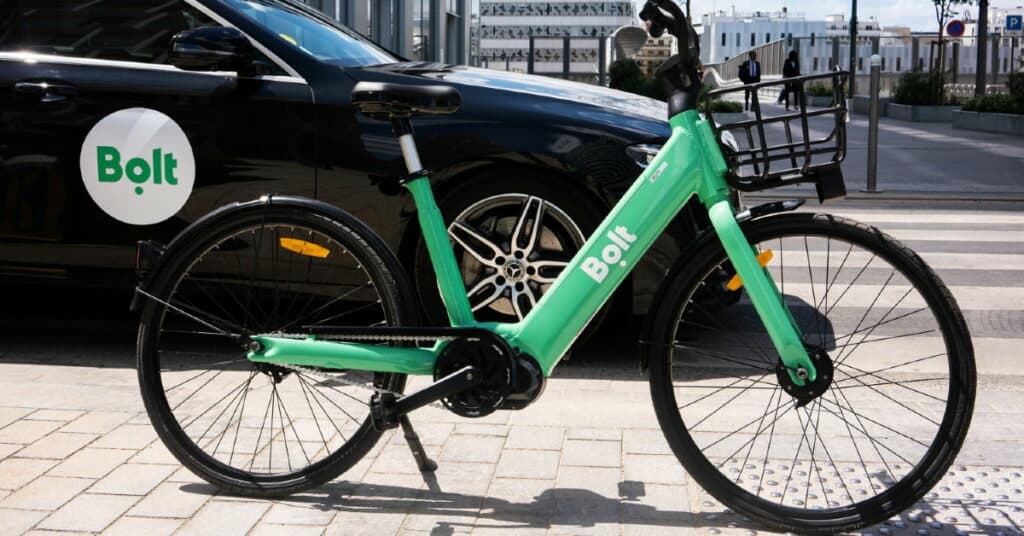
How does it work?
To use the bike-sharing service, users will need to switch between ride-hailing and electric bikes in the Bolt app. They can unlock a bike by scanning the QR code on it. At the end of the ride, the bike can be parked in one of the dedicated parking zones displayed in the Bolt app.
The Bolt app features a micro-mobility safety toolkit that includes safety tips, the local traffic rules reminder, and recommendations related to the health crisis.
Custom-built electric scooter
To reiterate, Bolt, earlier this year, introduced its custom-built electric scooter that is made of 90% aluminium and other recyclable materials. The highly modular design of the new scooter model allows for superior repairability and a calculated lifetime of 36 months.
Focusing on Europe and Africa
Founded by Markus Villig, Bolt is one of the fastest-growing transportation platforms in Europe and Africa with investors including Daimler, Didi Chuxing, Korelya Capital, Naya Capital Management, and TransferWise co-founder Taavet Hinrikus. To date, Bolt has raised €364 million in funding over 9 rounds. On top of that, Bolt has more than 30 million users in over 35 countries globally.
Uber’s rival
The Estonian company Bolt (formerly know as Taxify) competes with Uber throughout Europe. If you notice, the Tallinn-based company displays many similarities to Uber as it ventured into ride-hailing, e-scooter service, food delivery, and recently launched on-demand logistics and transport as well. While Uber held the ride-hailing market under complete control in various cities, Bolt changed it completely by paying drivers more and charging riders less.
While prominent tech mobility and sharing platforms are trying to scoop a share of revenue in the new normal times. What about others and how will the future of e-bikes look like in Europe? We take a look at some of the noticeable startups in this rat race.
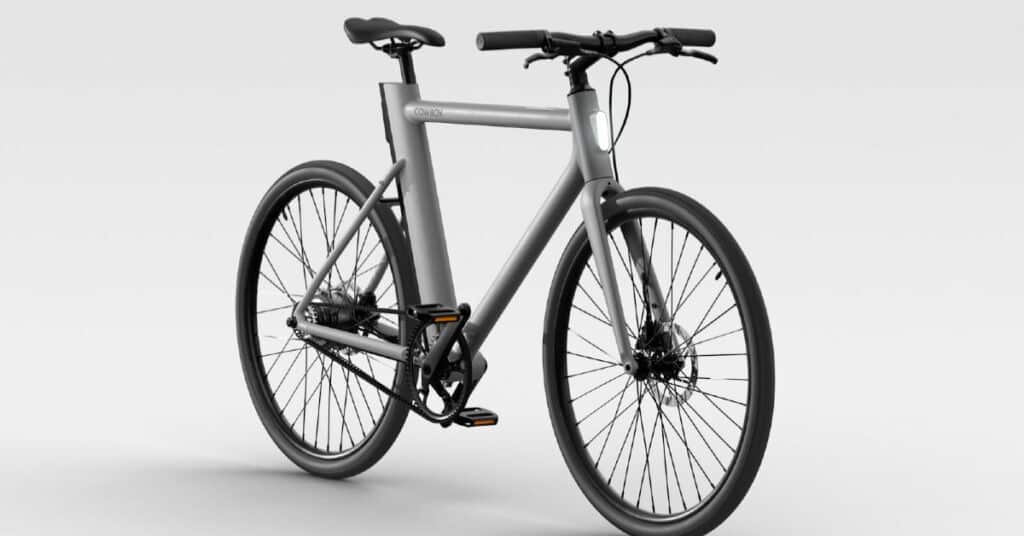
Cowboy (Brussels, Belgium)
Founders: Adrien Roose, Karim Slaoui, Tanguy Goretti
Funding: €17.2M
The Belgian company aims to improve urban mobility and provide commuters with a more enjoyable, sustainable, and efficient mobility experience. A few weeks back, the company introduced Cowboy 3, the third-generation electric bike with single-gear automatic transmission, removable battery, and features smart technology, the latest design, and much more.
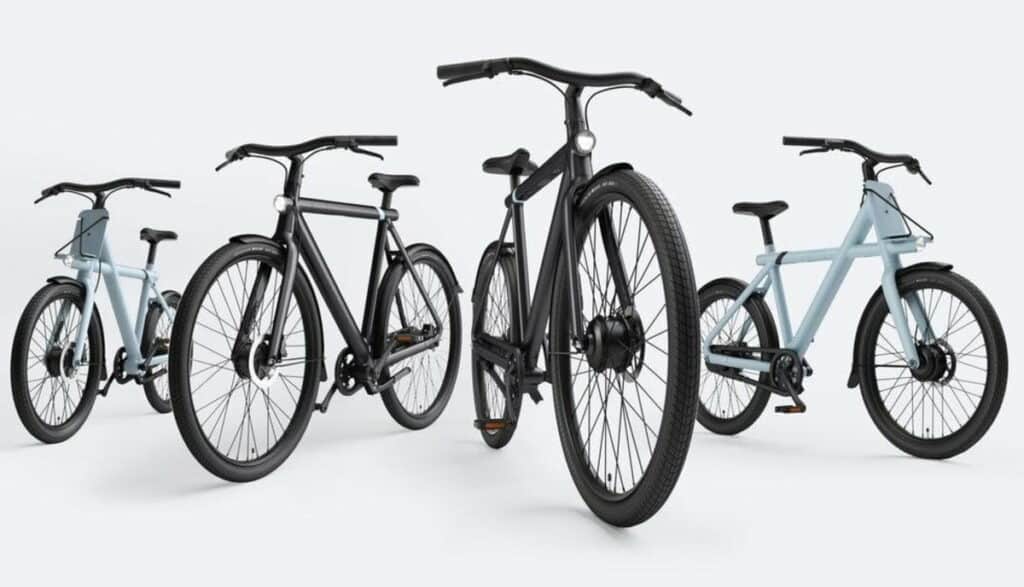
VanMoof (Amsterdam, The Netherlands)
Founders: Taco Carlier, Ties Carlier
Funding: €19M
VanMoof builds and sells a range of electric bikes right from design to production, from sales to after-service. The Dutch company ships to 19 countries and has 8 brand stores worldwide in New York, San Francisco, Paris, London, Tokyo, Berlin, Amsterdam, and Taipei. Recently, VanMoof secured €12.5 million investment from one of Europe’s leading venture capital firms Balderton Capital and assembly partner SINBON Electronics.
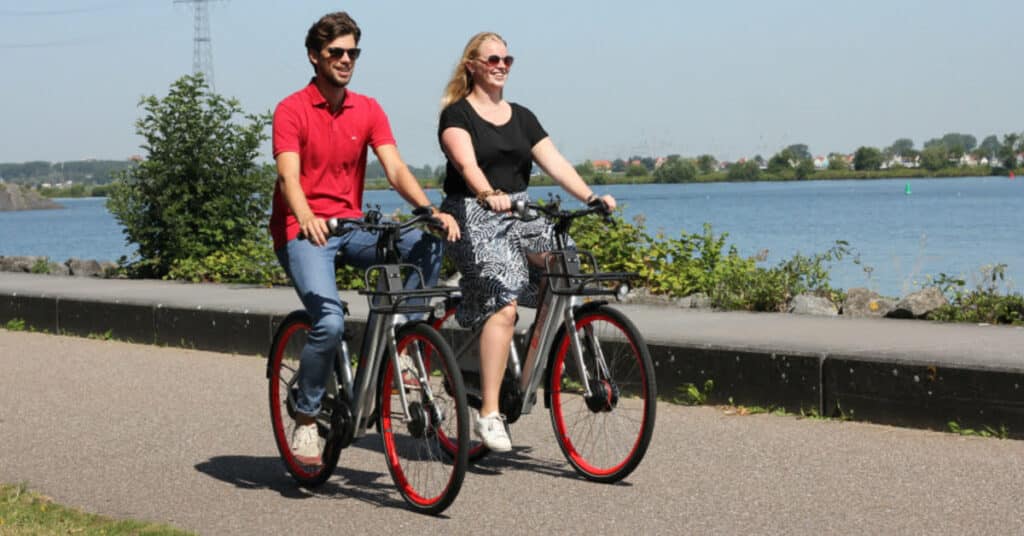
Urbee (Amsterdam, The Netherlands)
Founder: Fleur Schraven
Funding: €2.1M
Urbee is the solution for Amsterdam’s big-city problems. With this platform, the company aims to contribute to a more livable city, make happier and healthier citizens. As per the company claims, it takes just 4 steps to complete your journey.
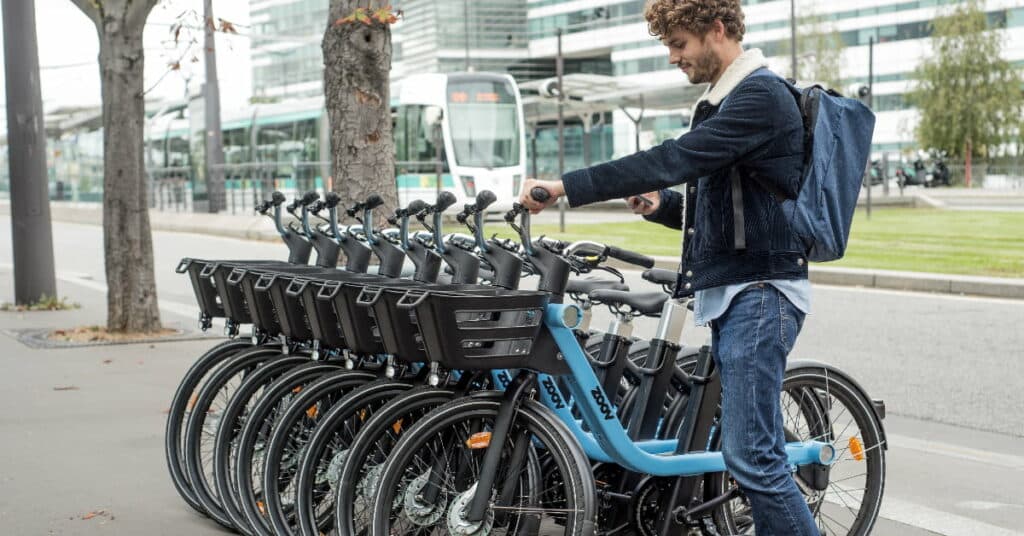
Zoov (Paris, France)
Founder: Eric Carreel
Funding: €6M
Zoov offers an electric bicycle-sharing service in the south of Greater Paris and the Bordeaux area. Recently, the French company unveiled an ultra-light bicycle charging station with a capacity for up to 15 bikes to be parked and charged in a small amount of space using the same terminal, with or without a connection to the grid.
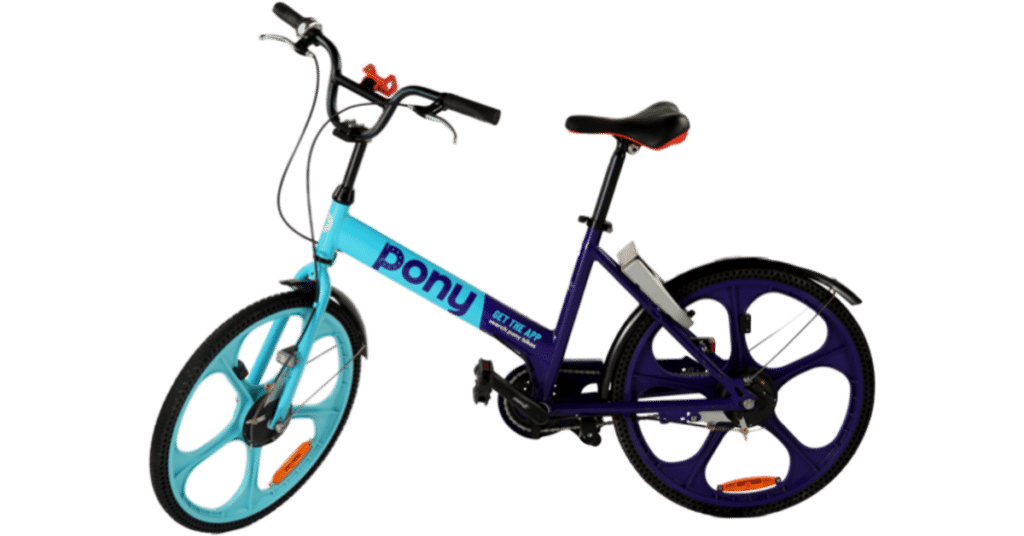
Pony (Angers, France)
Founders: Clara Vaisse, Paul-Adrien Cormerais
Funding: €2.2M
The French company decentralises ownership of its vehicles as they believe shared vehicles should belong to the people who use them. The company let any of their users acquire & share their ponies, ensuring that the profits remain in the local economy. Notably, the micro-mobility platform also revealed that future Pony bikes and scooters will have renewable batteries that can last up to 10 years.
Do you think, they stand a chance to compete with Bolt? Let us know your opinions below!
Main image credits: Bolt










01
From telecom veteran to Dutch Startup Visa success: The Jignesh Dave story